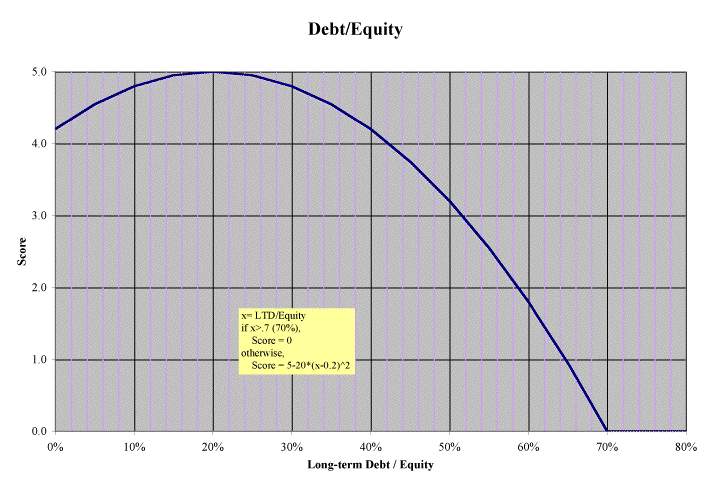Equity financial definition of equity
Post on: 19 Август, 2015 No Comment

equity
1. In a brokerage account, the market value of securities minus the amount borrowed. Equity is particularly important for margin accounts, for which minimum standards must be met.
2. Stock, both common and preferred. For example, an investor may prefer investing in equities instead of in bonds. Also called equity security .
3. In accounting, funds contributed by stockholders through direct payment and through retained earnings. See also owners’ equity .
Equity.
In the broadest sense, equity gives you ownership. If you own stock, you have equity in, or own a portion — however small — of the company that issued the stock.
Having equity is the opposite of owning a bond or commercial paper, which is a debt the company must repay to you.
Equity also refers to the difference between an asset’s current market value — the amount it could be sold for — and any debt or claim against it. For example, if you own a home currently valued at $300,000 but still owe $200,000 on your mortgage, your equity in the home is $100,000.
The same is true if you own stock in a margin account. The stock may be worth $50,000 in the marketplace, but if you have a loan balance of $20,000 in your margin account because you financed the purchase, your equity in the stock is $30,000.
equity
(1) The difference between the value of a property and the mortgage debt on it is said to be the equity. Under federal law, when one’s equity in property reaches 22 percent of the value of the property—when the mortgage has been reduced to 78 percent of the value of the property—then private mortgage insurance is supposed to be automatically cancelled if it is in place.(2) The ability of a court to do what’s fair under the circumstances, without regard to many of the technical requirements of the law.Because real estate has always enjoyed a protected status in the courts,it is usually easier to obtain equitable relief when real property is involved.As an example,in a boundary line dispute there might be no legal theory to find in favor of a property owner who accidentally builds part of his house on his neighbor’s land.Nevertheless,almost no court will require the property owner to tear down the encroaching part of the house.Instead,the court will usually “do equity”and require the landowner to sell,and the house owner to buy,the small amount of land necessary to fix the problem.
Equity
In connection with a home, the value of the home less the balance of outstanding mortgage loans on the home.
Equity
What Does Equity Mean?
(1) A stock or any other security representing an ownership interest.
(2) On a company’s balance sheet, the amount of the funds contributed by the owners (the stockholders) plus the retained earnings (or losses). Also referred to as shareholders’ equity. (3) In the context of margin trading, the value of securities in a margin account minus what has been borrowed from the brokerage. (4) In the context of real estate, the difference between the current market value of a property and the amount the owner still owes on the mortgage. It is the amount that the owner would receive after selling the property and paying off the mortgage. (5) In terms of investment strategies, equity (stocks) is one of the principal asset classes. The other two are fixed-income (bonds) and cash/cash equivalents. These are used in asset allocation planning to structure a desired risk and return profile for an investor’s portfolio.
The meaning of equity depends very much on the context. In general, one can think of equity as ownership in any asset after all the debts associated with that asset are paid off. For example, a car or house with no outstanding debt is considered the owner’s equity because he or she can sell the item readily for cash. Stocks are equity because they represent ownership in a company.














